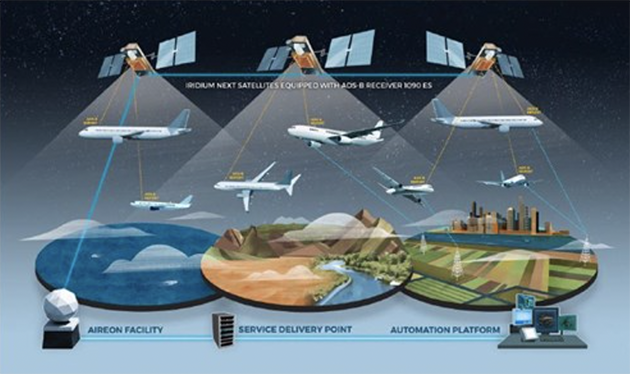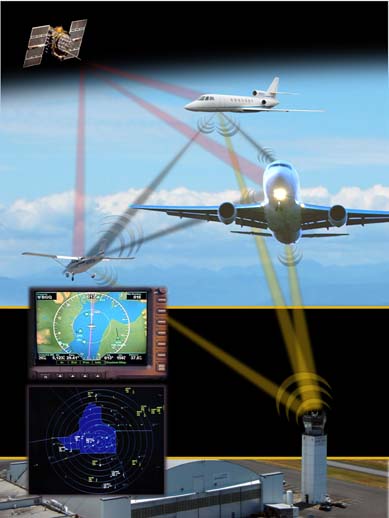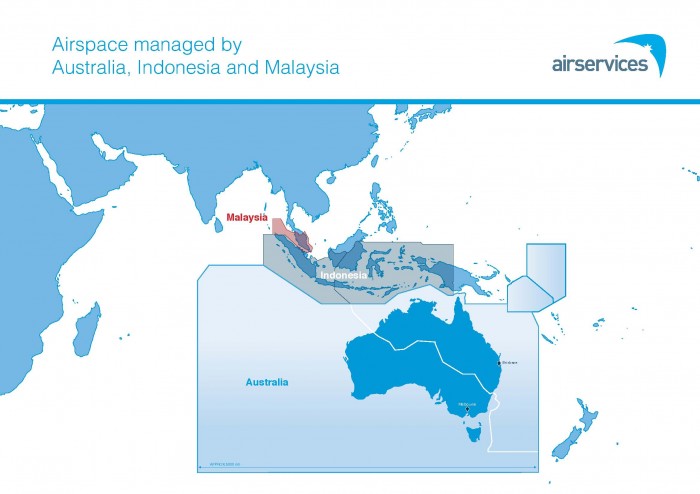A new aircraft tracking system created after the loss of Malaysia Airlines Flight 370 five years ago has provided data to those investigating the crash of Ethiopian Airlines Flight 302.
Aireon, which has payloads on the 66 satellites of the recently completed Iridium NEXT constellation, tracks aircraft by gathering the data broadcast by theirAutomatic Dependent Surveillance Broadcast (ADS-B) transponders. The ADS-B signal contains an aircraft’s identity, a precise Global Positioning System (GPS) position and other information derived from the plane’s onboard systems. All U.S. and European aircraft are required to carry ADS-B transponders by 2020. The ADS-B data is broadcast every half-second enabling the system to track an aircraft in near-real time and indicate key flight attributes such as position, level and intent.
In a statement posted on Twitter at around noon EDT Wednesday Aireon said its system had captured information associated with Flight 302.
“At the request of the Federal Aviation Administration (FAA), the U.S. Naval Transportation Safety Board (NTSB), Transport Canada and several other aviation authorities, Aireon provided the data transmitted from the Flight 302 to support the accident investigation,” the company said. “The authorities are in receipt of the data and are in the process of their respective accident investigation.”
“Our sympathies go out to the families of the passengers and crew of Ethiopian Airlines Flight 302,” the company added.
The FAA said in a 3 pm statement Wednesday that it was ordering the temporary grounding of Boeing 737 Max aircraft as the “result of the data gathering process and new evidence collected at the site and analyzed today. This evidence, together with newly refined satellite data available to FAA this morning, led to this decision.”
The firm said it could not comment on the cause of the tragedy or the outcome of the investigation, only that they had provided the data.
“This unfortunate tragedy further highlights the need for a global, real-time air traffic surveillance system,” Aireon said.






